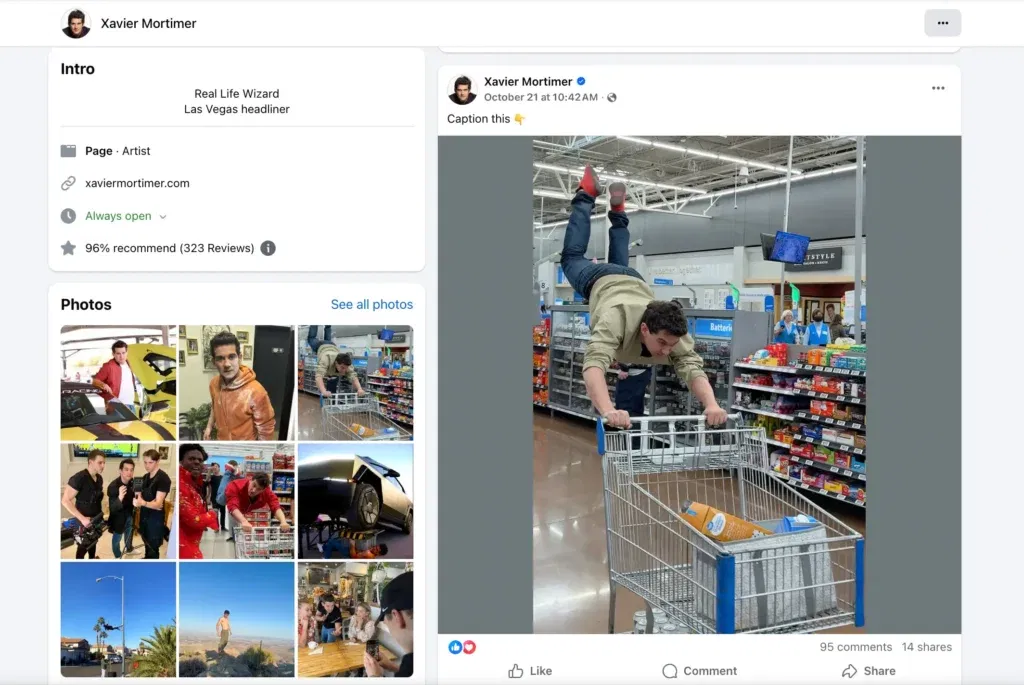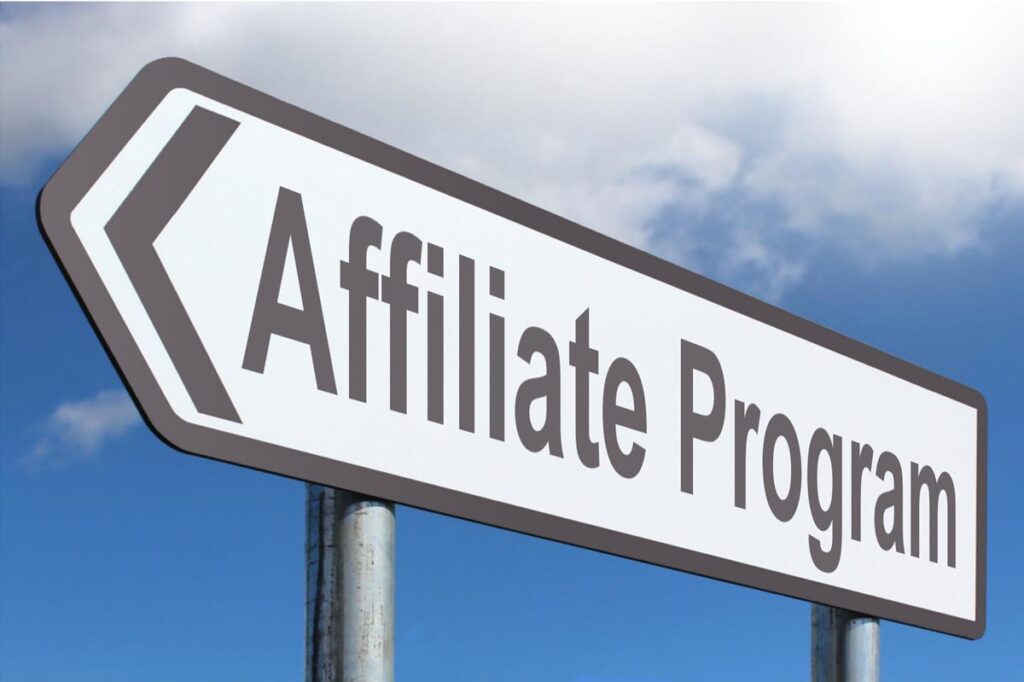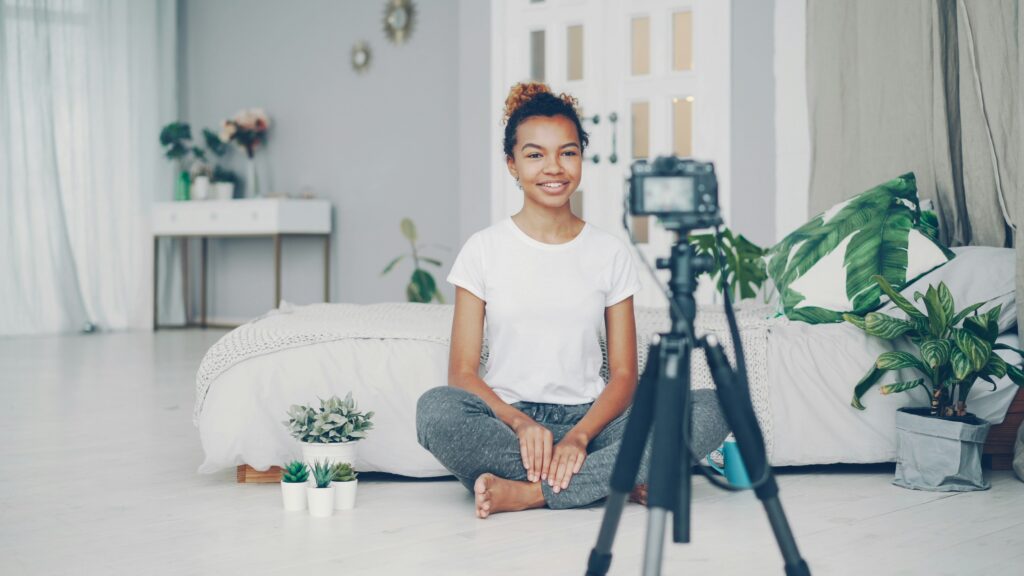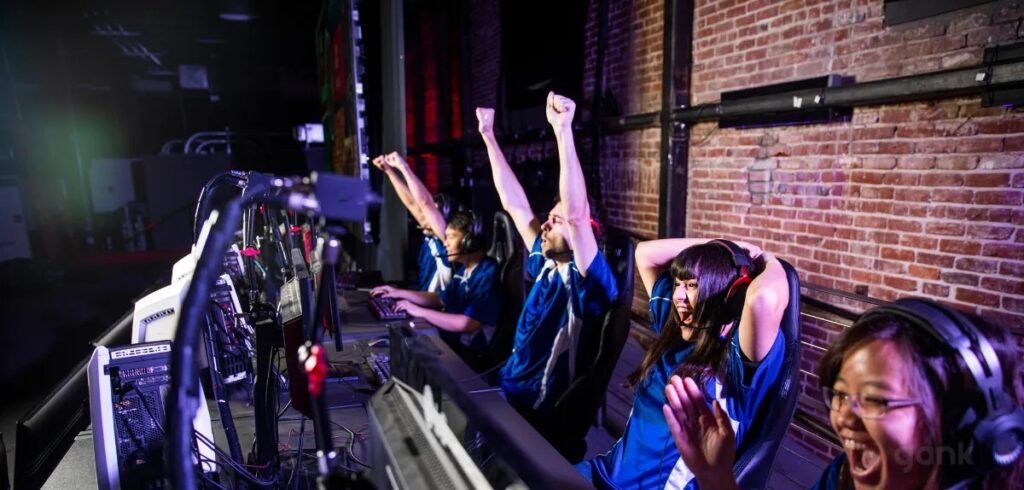With over 3 billion monthly active users, Facebook is still one of the most powerful platforms for connecting brands with audiences. Its niche groups, active pages, and connection-driven communities make it especially effective for brands looking to reach potential customers where they already engage.
At the same time, influencer marketing continues to drive authentic engagement and trust, making Facebook the perfect space for creators and brands to collaborate.
In this post, I’ll show you how to find and partner with Facebook influencers to grow your brand’s visibility, authenticity, and long-term success.
Table of Contents
Understanding Facebook Influencer Marketing
Influencer marketing on Facebook involves collaborating with creators who have established credibility and built strong communities on the platform. These influencers may have large or mid-sized audiences but always maintain high trust, making them valuable partners for your brand.
Why Facebook Still Matters
While Facebook may not be as trendy as platforms like TikTok and Instagram, it is still highly effective for several reasons:
- Diverse Demographics: Facebook’s user base spans multiple age groups, making it an excellent choice for brands targeting adults, families, and professionals. Unlike platforms like TikTok and Instagram, which are dominated by younger users, Facebook allows you to reach a broader, more varied audience.
- Community-Centered Platform: Facebook’s strong community culture, especially through groups, makes it ideal for connecting with your target audience. Influencers often use them to start genuine conversations around the products or services they are promoting.
- Built-In Ad Tools: Meta, Facebook’s parent company, offers integrated advertising tools that allow brands to track performance and boost influencer posts for added reach.
Benefits of Facebook Influencer Marketing
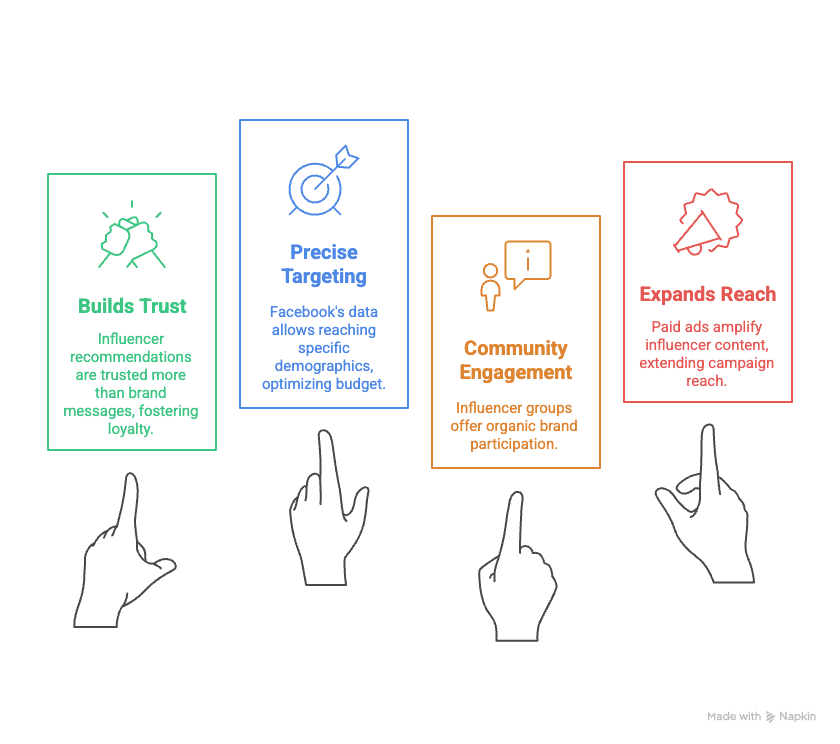
Partnering with Facebook creators offers several key advantages:
Builds Trust and Authenticity
Audiences are more likely to trust recommendations from influencers they follow than from direct brand messages. Nano- and micro-influencers, in particular, often maintain close relationships with followers, driving authentic engagement and long-term brand loyalty.
Enables Precise Audience Targeting
Facebook’s data-driven targeting allows you to easily reach users by age, interests, and locations. Partnering with influencers whose audiences align with your brand values helps you maximize impact while optimizing your marketing budget.
Strengthens Community Relationship
Influencers often lead Facebook groups centered on shared passions like travel, parenting, or technology. These groups serve as organic entry points for brands to participate in conversations and build credibility naturally within their niche.
Expands Reach Through Paid Amplification
The Facebook platform offers tools and opportunities for brands to turn influencer content into paid Facebook ads. This unique feature allows you to extend your campaign’s reach while using a familiar and trusted face from your niche.
How to Find the Right Creators for Your Influencer Marketing Campaign

A successful Facebook influencer marketing campaign often starts with finding the right partners. The framework below will help you simplify the process.
1. Define Your Goals
Do you want to boost brand awareness, generate leads, or build long-term community trust?
Your digital marketing goals will greatly determine your Facebook marketing strategy and the type of influencers you’ll work with.
2. Understand Your Target Audience
Once you’ve established your goals, the next step is to understand your target audience. Study their online behavior, including the type of content they engage with, the groups they join, and the influencers they are attached to.
Also consider factors like age, gender, location, interests, and the pain points they’re looking to solve. With this information, you can find the right influencers for your brand’s needs.
3. Use Facebook’s Search Tools
Search for Facebook influencers using product- or-niche specific keywords, combined with terms like “influencer,” “blogger,” or “creator.” You can also add the location of interest to fine-tune the results.
Additionally, explore groups related to your niche. For example, if you’re offering a service to copywriters, searching “copywriting” can reveal Facebook groups or pages centered around that field.
4. Check Competitor Collaborations
Look at which influencers your competitors are partnering with by tracking branded hashtags or paid partnership tags on their posts. This helps you identify the influencers they work with and uncover others in the same niche. Even if you don’t collaborate with those exact creators, following this trail can lead you to valuable new partnerships.
5. Track Brand Mentions and Hashtags
Keep an eye on your brand mentions and hashtags to spot creators, or even existing customers, who are already engaging with your Facebook pages. These organic connections can be great starting points for authentic influencer partnerships.
6. Leverage Influencer Marketing Agencies and Platforms
Influencer marketing platforms make it easy to find creators based on category, engagement rate, audience insights, and more. They save you valuable time by giving you the data you need to make informed partnership decisions.
Some platforms and agencies go a step further by helping manage the collaboration from start to finish. At Vivian Agency, for example, we help you initiate and manage your relationship with influencers. We also oversee the entire campaign, so you can focus on growing your brand.
Reaching Out and Building Partnerships
Once you’ve found the right Facebook influencer for your brand, the next step is to reach out. Consider this step-by-step guide to help you initiate a successful partnership:
Start with a Personalized Message
Successful outreach begins with your very first interaction. Before reaching out, take time to research the influencer. Doing your homework helps you craft a personalized message that shows genuine interest and builds rapport from the start.
In your message:
- Reference a specific piece of content you enjoyed from their page.
- Explain why you believe their audience would connect with your brand.
- Highlight what both sides stand to gain, e.g., exposure, creative freedom, or a long-term partnership.
- End with an open invitation to discuss the collaboration further at their convenience.
For inspiration, check out our post on how to reach out to and manage collaborations, where you’ll find ready-to-use outreach templates.
Clearly Communicate Your Goals
Be upfront about your goals and expectations for the collaboration. The more specific you are, the better the influencer can tailor their content to meet your objectives.
Offer Genuine Value
Beyond monetary compensation, consider how you can add value to the influencer. Offering free products, exclusive event access, or early access to new launches can strengthen the partnership.
Discuss Deliverables and Payment Methods
Openly discuss and define all contract details, including deliverables, content guidelines, usage rights, and payment terms. Some influencers prefer a flat fee per post, while others prefer a commission fee model. You must settle this to avoid future complications.
Provide detailed briefs that outline your campaign objectives, creative direction, and any other key details the influencer needs to create content that aligns seamlessly with your brand.
Prioritize Authenticity and Give Space For Creative Expression
Work with influencers who genuinely love your products and whose audiences trust their recommendations. Authentic enthusiasm translates into stronger engagement and more genuine content.
At the same time, allow influencers the creative freedom to express your brand message in their own voice. This way, they can create authentic content that resonates with their audience. Encourage them to share user-generated content and leverage Facebook Live or Stories in promoting your content.
How to Measure Your Campaign Success in 3 Steps
Measuring your influencer marketing campaign is essential for understanding what works and optimizing performance.
Step 1. Set Clear KPIs
Define what success looks like using measurable KPIs. Examples include:
- Post engagement (likes, comments, shares)
- Website traffic
- Conversion rate or sales generated
- Brand mentions and new followers
Tracking these metrics will help you gauge your campaign’s effectiveness and identify areas for improvement.
Step 2. Use Meta’s Built-In Tools
Use Meta Insights, UTM links, and custom discount codes to monitor audience actions and measure campaign performance.
Meta Insights, available in the Meta Business Suite, provide valuable real-time data on social media performance, audience demographics, and content effectiveness across Facebook and Instagram.
UTM links help track where your website visitors are coming from, giving you a clear picture of which influencer content drives the most traffic. Discount codes can also reveal which influencers are directly contributing to sales, helping you measure return on investment more accurately.
Compare these results with your baseline data to determine how much real impact your influencer campaign has achieved.
Step 3. Analyze and Optimize
Use the insights gathered from your data to refine and improve future campaigns. These results can help you identify which types of influencers fit your brand goals and which content formats generate the strongest engagement and ROI.
Let Vivian Agency Manage Your Facebook Creator Collaborations
Facebook influencer marketing remains one of the most powerful ways to reach and engage diverse audiences. Yet, many brands struggle to fully maximize the opportunities it offers.
That’s where Vivian Agency comes in. Our team of seasoned experts specializes in managing affiliate and influencer relationships, helping brands build authentic, results-driven partnerships on Facebook. We handle the entire process so you can stay focused on growing your business.
Want to learn more? Contact our team today or book an appointment. We’ll be happy to answer all your questions and help you get started.

